| IN A NUTSHELL |
|
The recent escalation of conflict between Thailand and Cambodia has become the most severe military confrontation between the two nations in over a decade. The violence, which erupted over a lingering border dispute, has resulted in multiple casualties and forced the displacement of tens of thousands of civilians. As tensions increase, international communities are urging both countries to seek a peaceful resolution. The complex dynamics of political influence and historical grievances have only added fuel to this already volatile situation.
Escalating Conflict and Civilian Displacement
The ongoing skirmishes between Thailand and Cambodia have led to a tragic loss of life and significant disruption for the civilian population. Reports indicate that fighting has occurred in at least 12 locations along the disputed border, resulting in the deaths of at least 15 people, most of whom are civilians. The conflict, which initially involved small arms fire, has escalated to include heavy artillery and rocket systems, heightening the severity of the situation.
Thai and Cambodian officials have confirmed the use of powerful military equipment, including the deployment of BM-21 multiple rocket launchers and airstrikes by Thai F-16 jets. The violence has prompted the evacuation of over 140,000 residents from the affected areas, highlighting the serious humanitarian impact of the conflict. The displacement has added to the complexity of the situation, as both nations grapple with the logistics of providing shelter and support to those forced to flee their homes.
Historical Grievances and Political Influence
While the immediate cause of the conflict is rooted in a border dispute, underlying political tensions have exacerbated the situation. The border, stretching 508 miles, remains contested due to overlapping claims based on colonial-era maps. Periodic eruptions of violence have been a persistent issue, with the latest conflict marking a significant escalation.
Political figures such as Hun Sen, the long-standing Cambodian leader, and Thaksin Shinawatra, the influential former Thai prime minister, continue to wield considerable influence in their respective countries. Their involvement has stoked nationalist sentiments, as both leaders have engaged in a war of words, further complicating diplomatic efforts to resolve the conflict. These political dynamics play a crucial role in shaping the responses of both governments, making peaceful resolution even more challenging.
International Concerns and Calls for Restraint
The intensifying conflict has drawn significant attention from the international community, particularly from global powers like the United States and China. Both countries have strategic interests in the Southeast Asian region and have expressed concern over the escalating violence. The United Nations Security Council has also scheduled an emergency meeting to address the situation.
The U.S. State Department has called for an immediate cessation of hostilities and highlighted the importance of protecting civilians. Similarly, China has emphasized the need for dialogue and peace, offering to mediate in its capacity. The complex alliances and strategic interests of these global powers further underscore the geopolitical significance of the conflict, as both Thailand and Cambodia maintain ties with the U.S. and China.
Impact on Cultural Heritage and Humanitarian Concerns
The conflict has also resulted in damage to significant cultural sites and raised concerns about humanitarian violations. Thailand’s Health Minister reported that a hospital in Surin province was hit by shelling, an act he described as a potential war crime. Meanwhile, Cambodian officials have accused Thai airstrikes of causing damage to the UNESCO-listed Preah Vihear temple, a site of cultural and historical importance.
These developments highlight the broader implications of the conflict, extending beyond immediate military objectives to affect cultural heritage and humanitarian norms. The international community’s response, including potential investigations into these incidents, may influence the course of the conflict and the pursuit of accountability.
As the situation between Thailand and Cambodia continues to evolve, the world watches closely, hoping for a peaceful resolution to this dangerous escalation. The complex interplay of historical grievances, political dynamics, and international interests makes the path to peace challenging yet imperative. How will the involved parties navigate these complexities to achieve a sustainable solution, and what role will the international community play in facilitating dialogue and reconciliation?
Did you like it? 4.5/5 (26)
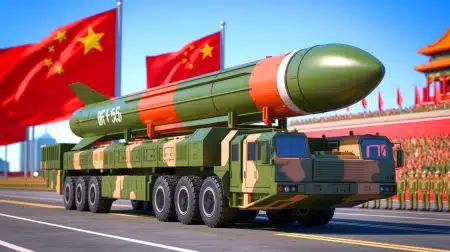
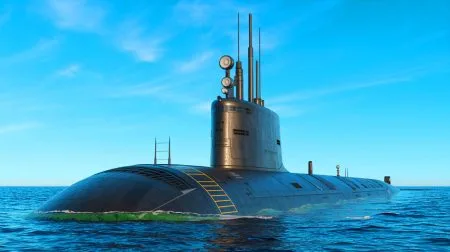
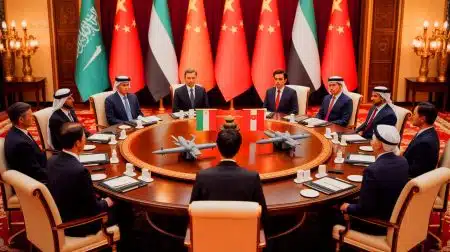

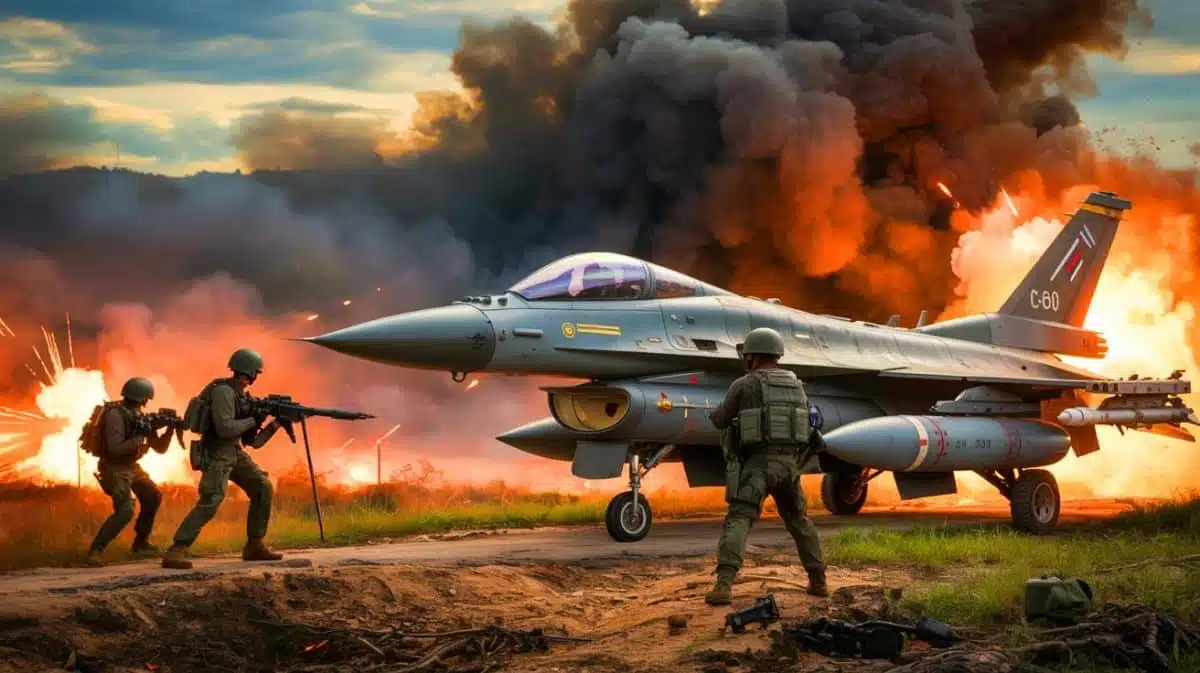
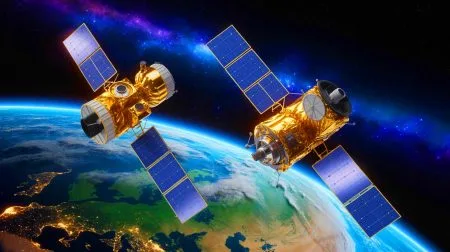

Wow, 140,000 people displaced? That’s a huge humanitarian crisis. What’s being done to help them? 🤔
Is this really just about the border dispute, or are there other underlying issues at play? 🤨
Thanks for the detailed report. It’s scary how quickly things have escalated. 😟
The involvement of Hun Sen and Thaksin Shinawatra makes this even more complicated. Political drama! 🎭
Why does it always come down to politics? Can’t leaders just sit and talk like grown-ups? 🤷♂️
It’s sad to see cultural heritage sites get caught in the crossfire. Hope they can be preserved. 🏛️
This sounds like a mess. Are there any peace talks planned between Thailand and Cambodia?
Can someone clarify how the U.S. and China are involved in this? Seems like a tangled web. 🕸️
Hope the international community steps up and helps these displaced people. They need it.
Why are F-16s being used? Seems like an overkill for a border conflict. 😲